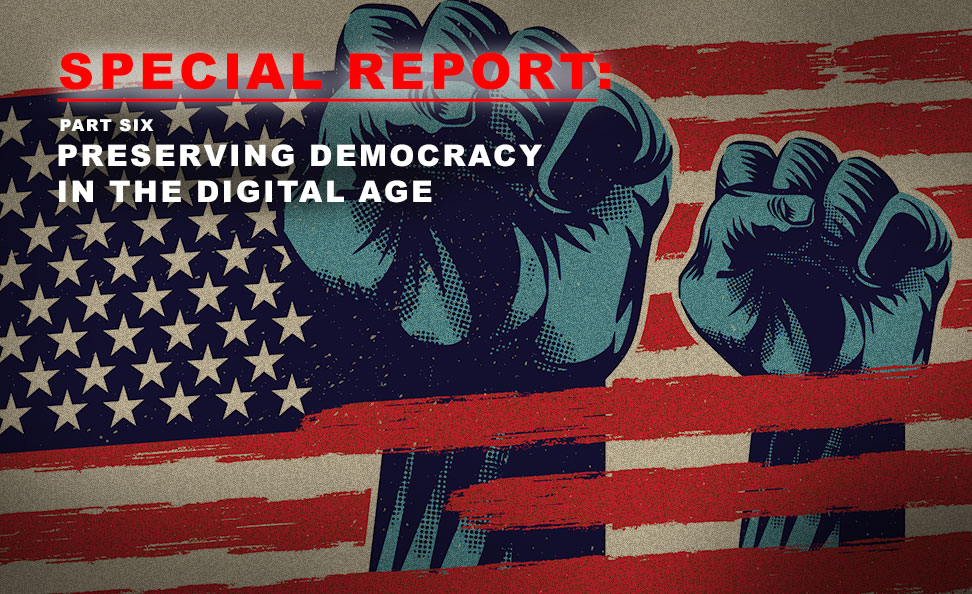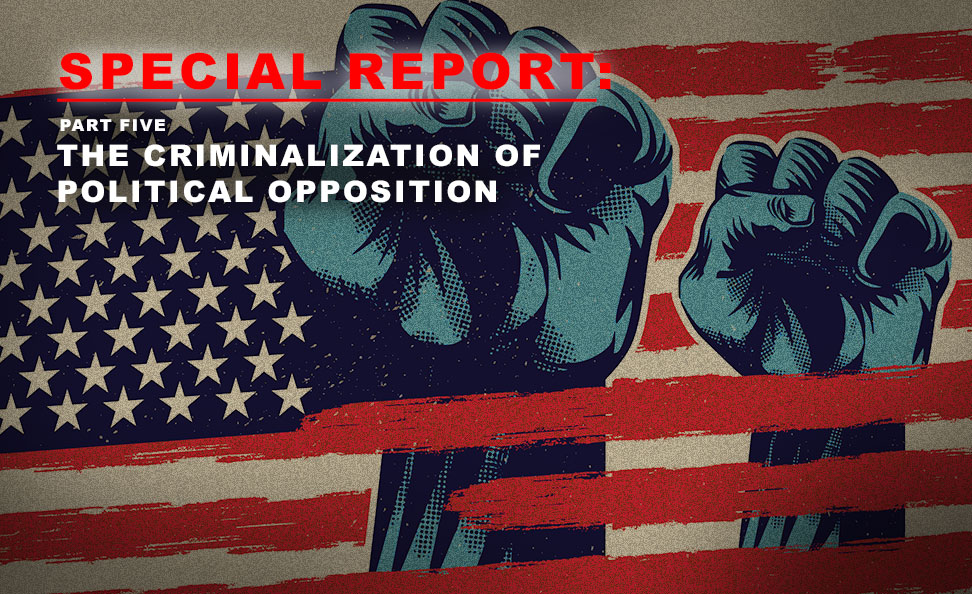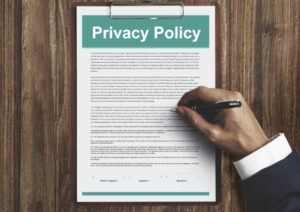The Importance of the Right to Privacy
Everyone values their privacy, but many people may not realize the extent to which their right to privacy is at risk. In today’s digital age, governments around the world are increasingly encroaching upon citizens’ privacy rights.
It is essential that individuals understand how these actions are taking place, and how they can protect their rights.
How Governments Are Stripping Away Your Right To Privacy
Use of Surveillance Technology and Data Collection
As technology advances, governments are finding new ways to surveil and collect data on citizens. This information can be used for various purposes, ranging from tracking criminal activity to monitoring political dissent. Some examples of surveillance technology and data collection methods include GPS tracking, automatic license plate readers, facial recognition systems, and bulk data collection. All of these methods have become widespread, and many citizens may not even be aware that they are being watched by their government.
Government Access to Private Communications & Social Media Activity
Even if you consider your private communications to be secure, the government may still have access to them.

Governments around the world, particularly those with histories of human rights abuses, have been known to access private messages and social media activity to silence or intimidate their citizens. The extent of this access varies from country to country, but the takeaway is clear: no matter where you are in the world, your private communications may be seen by government officials.
Invasive Search and Seizure Practices
Governments around the world also engage in invasive search and seizure practices, many of which may infringe upon individuals’ right to privacy. Examples of these practices include warrantless searches of electronics at border crossings or intrusive body searches in public places. While these practices may be justified in some instances as a means of ensuring public safety, in many cases, they represent an overreach of government power.
Lack of Protections for Personal Information Shared Online
One of the most significant ways governments strip citizens of their privacy rights is through a lack of adequate protections for personal information shared online.
In many countries, there are no strong, enforceable laws regulating the collection and use of personal data.
This means that information you share online, whether consciously or inadvertently, may end up in the hands of governments or other third parties with malicious intentions.
What You Need To Know!
Understanding Your Rights Under the Law
As the issue of privacy rights becomes increasingly complex in the digital age, it is crucial that individuals stay educated about their rights under the law. In some countries, specific laws protect citizens’ right to privacy. For example, in the United States, the Fourth Amendment of the Constitution protects individuals from unreasonable searches and seizures.
If you live in a country with such protections, it is essential that you know and understand your rights so that you can take action if they are violated.
Protecting Yourself from Unwarranted Government Intrusion
In addition to staying informed about your rights under the law, there are practical steps you can take to protect yourself from unwarranted government intrusion.
Encourage the use of privacy-enhancing technologies or tools, such as virtual private networks (VPNs) or encrypted messaging services, to keep your communications secure.
Additionally, practice good digital hygiene by only sharing personal information on secure, trustworthy platforms and being cautious about posting sensitive information on social media.
Taking Action Against Unconstitutional Practices
If you suspect that your right to privacy has been violated by the government, it is essential that you take action. In many countries, citizens can file lawsuits against government agencies or officials for violating their rights.
Additionally, get involved with organizations and advocacy groups that are working to protect privacy rights and push for legislation and policy changes that will better protect citizens from government intrusion. Your voice and support are crucial in shaping privacy policies and laws.
Staying Informed About New Legislation Affecting Your Rights
As the digital landscape evolves, so too do the laws and regulations impacting your right to privacy. Stay informed about new legislation that may affect your privacy rights by following news sources and keeping up with policy changes.

By staying informed, you can react and adapt your privacy practices to ensure that your right to privacy is protected.
Wrap Up
Governments around the world are continually chipping away at citizens’ privacy rights.
It is essential that individuals take active steps to protect their privacy, including understanding their rights under the law, employing privacy-protecting technologies, and taking action against unconstitutional practices. Stay informed about new legislation that may affect your right to privacy to ensure that you can react and adapt to policy changes.
Remember, your right to privacy is a fundamental human right and should be defended with vigilance and determination.







